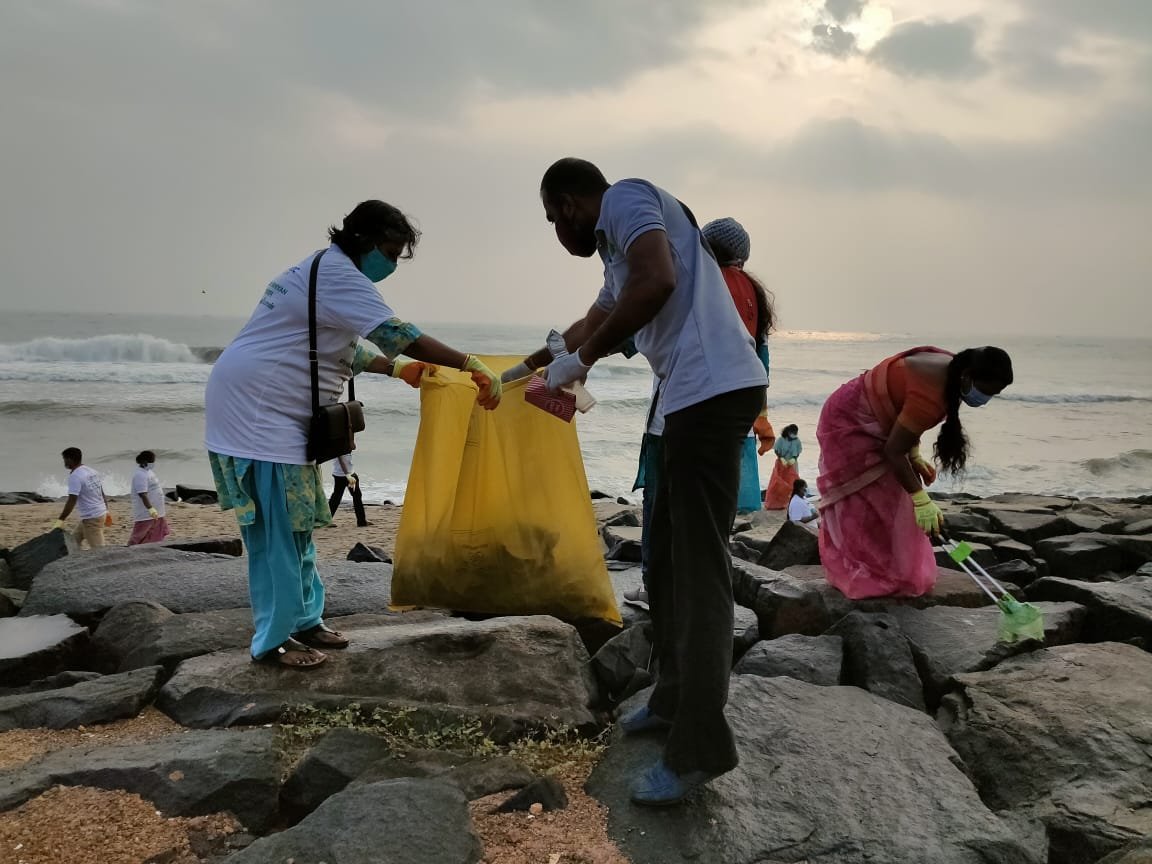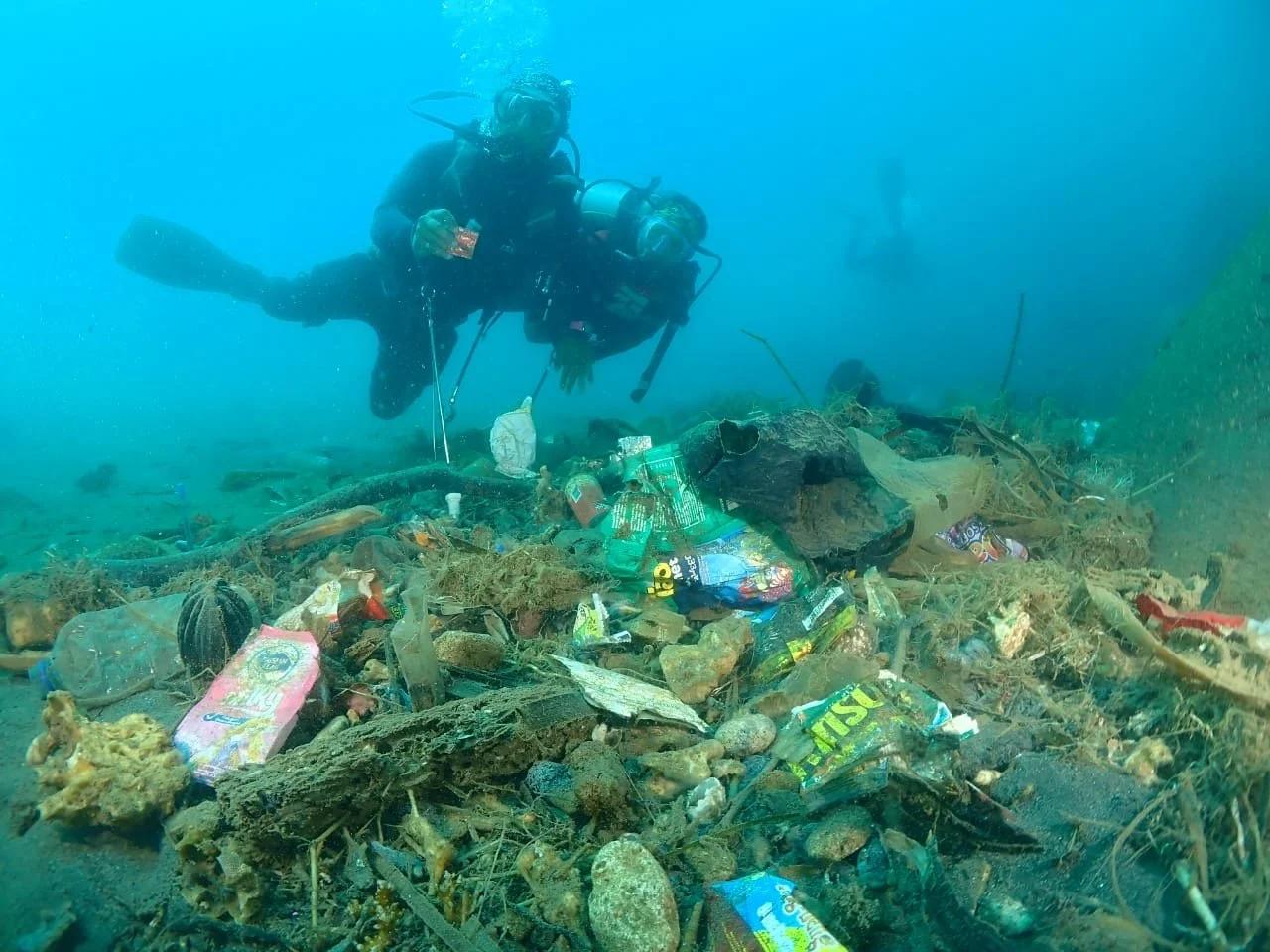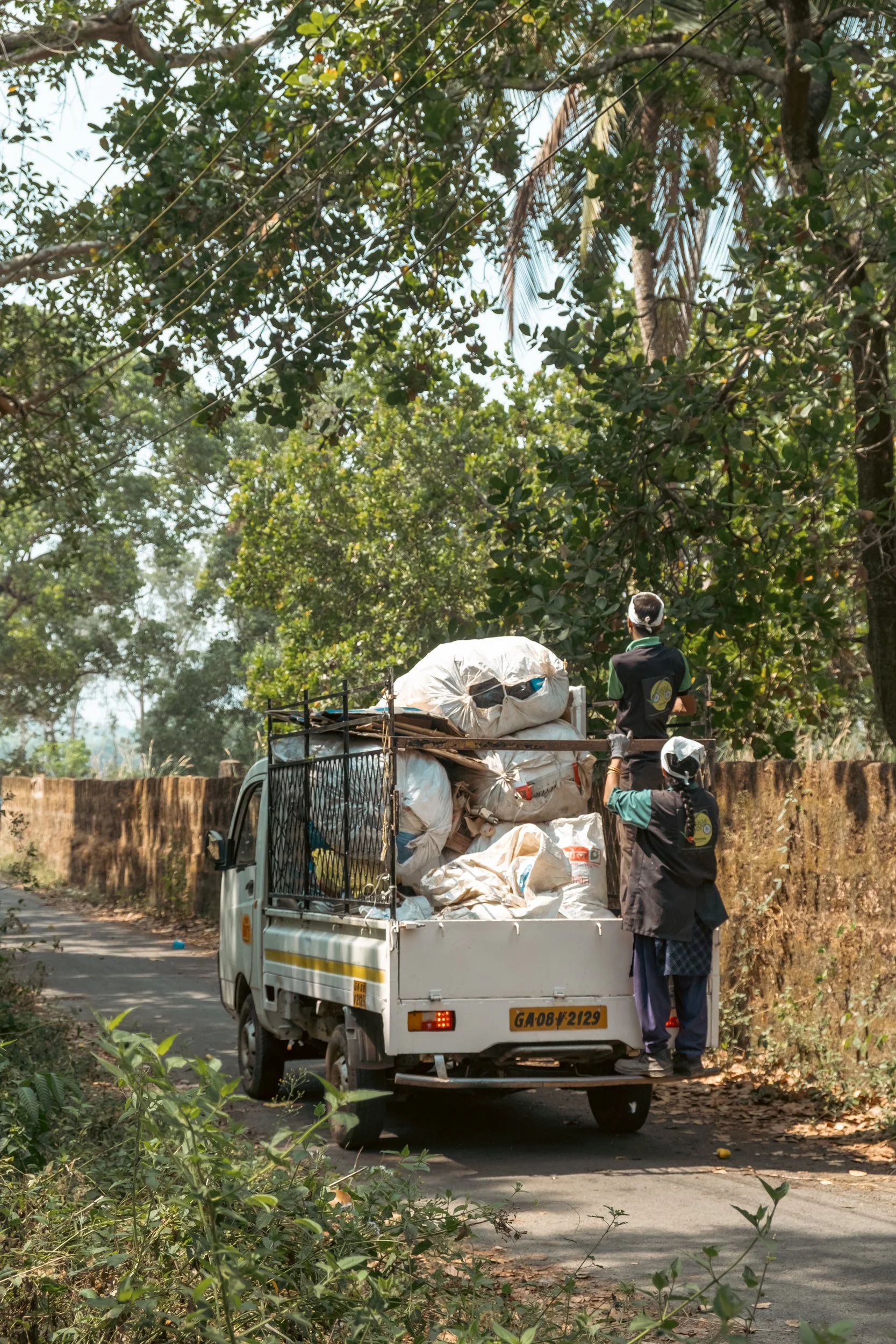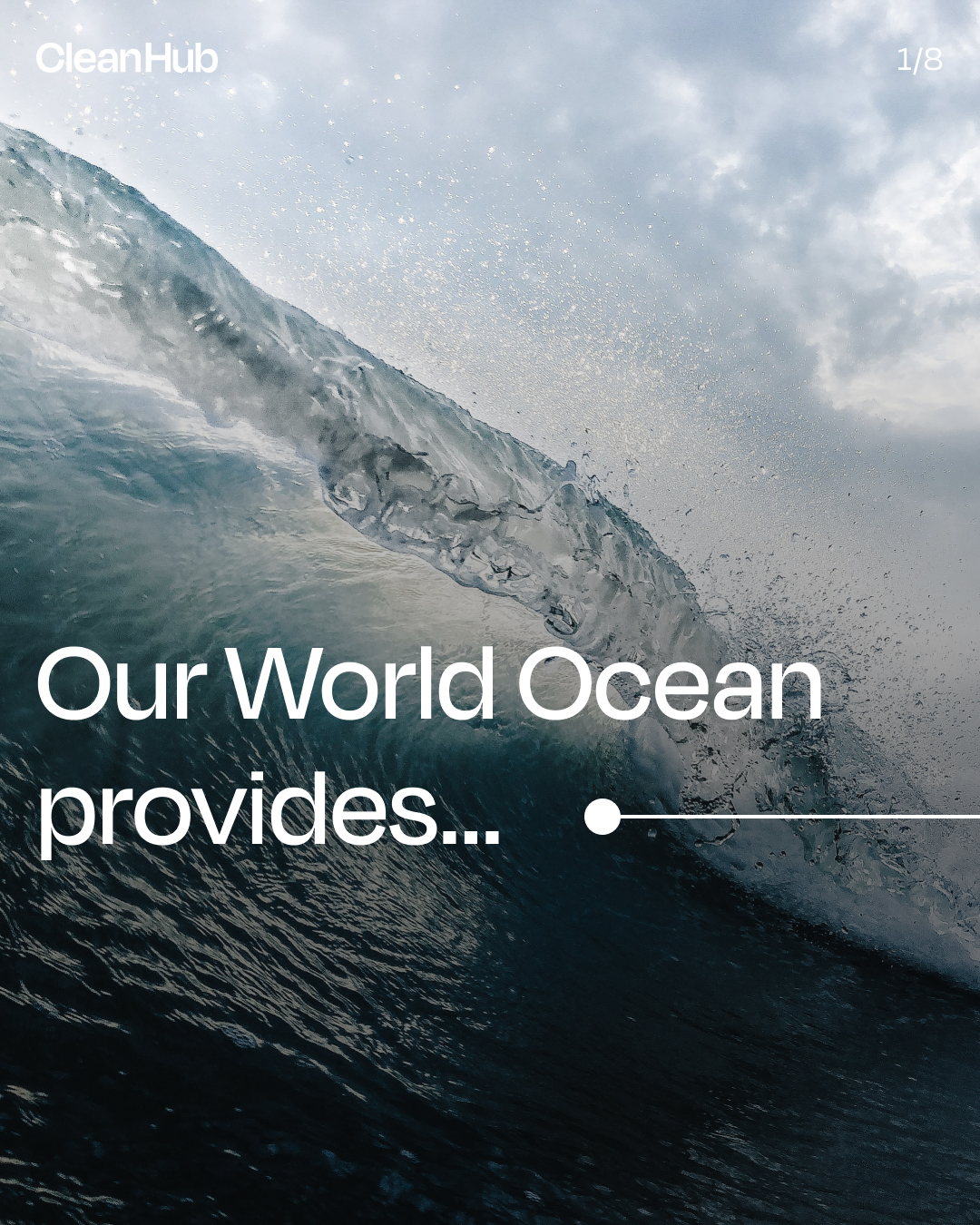we’ve partnered with CleanHub, an organization on a mission to prevent ocean-bound plastic from polluting our oceans and waterways






CleanHub FAQs
-
Founded in 2020, CleanHub is a Berlin-based company that provides a scalable solution to plastic pollution.
They connect coastal communities to proper waste collection where it didn’t exist before and create safe and dignified jobs in local communities.
Brands can support the mission by funding the collection of waste that otherwise wouldn’t be collected.
CleanHub’s AI technology tracks the entire process from collection to disposal, ensuring transparency. It’s verified by TÜV SÜD according to ISO standards.
For more information, visit www.cleanhub.com
-
Joel Tasche is the Founder and CEO of CleanHub, a Berlin-based company stopping plastic from entering our oceans.
Joel’s love for clean oceans started with a childhood spent by Lake Constance in Southern German, sailing, swimming and enjoying nature.
Later in life, during his travels and surfing adventures in Southeast Asia and the Pacific only deepened this passion. However, wherever Joel went, he was confronted by the pervasive issue of litter, garbage and pollution.
Tired of seeing such repetitive scenes, he decided to start CleanHub in 2020.
CleanHub is building a global infrastructure to collect plastic and other waste, in areas where adequate waste management is not available.
The goal is to create the collection system for everything we use daily and shift the narrative from waste management to a circular economy.
-
We partnered with CleanHub because we share a common goal; to protect our oceans and create a sustainable future.
We support this cause by funding waste collections in highly polluted coastal regions.
Their transparent and effective approach to plastic waste management aligns perfectly with our values.
We are not only supporting pollution reduction within our partnership but the development of sustainable waste management system in these communities. Bringing more jobs to the areas that need them most.
Through this holistic approach ensures that our efforts have a lasting, positive impact on both the environment and communities making the impact.
.
-
You can view our studio's live impact report at the link below!
-
Recovering plastic from the environment involves three distinct operations.
Firstly the collection of the plastic, secondly the sorting of plastic into its unique types and thirdly the safe and final treatment.
CleanHub digitizes the recovery of ocean bound plastic from start to finish.
These Hubs use intuitive technology to track the full collection process, which means they can verify every piece of plastic that is collected and what happens to it after we take care of it.
-
Recyclable goods are sold for local recycling.
Non-recyclables (CleanHub's primary focus) are sent for co-processing. Co-processing refers to the simultaneous recycling of mineral materials and recovery of energy in the process of cement manufacturing and achieves a superior environmental performance as compared to landfill and incineration.
For co-processing recovery they partner with Geocycle. To learn more, read CleanHub's blog -
What happens to the collected waste
.
.
-
Plastic neutrality means that for every amount of plastic created, an equal amount of plastic waste is retrieved from the environment to be appropriately disposed of - either recycled or repurposed.
CleanHub works with brands to calculate their plastic footprint and recover the equivalent amount from the environment in high leakage countries, such as Indonesia or India.
Some brands want to go further and recover more plastic than they emit, earning them Plastic Neutral + status.
Every contribution directly prevents plastic from entering our oceans and supports the development of local waste management.
-
CleanHub believes environmental impact & social change go hand-in-hand.
They have designed their own code of conduct with the help of industry veteran Kate Larsen. The code is based on global labor standards (among others Fair Labor Association, Ethical Trade Initiative, SA8000).
They conduct onsite social audits of sites (including comprehensive confidential worker interviews) and continuously coach our partners to deliver improved working conditions for waste workers.
-
Item description
-
We aim to expand our efforts by increasing the amount of plastic waste we contribute to collecting and properly disposing.
We are also looking at additional resources on how we can be involved more in our eco-conscious efforts.
CleanHub process
1. waste collection
2. sorting
3. processing
4. transport to recycling facility
5. data tracking

















